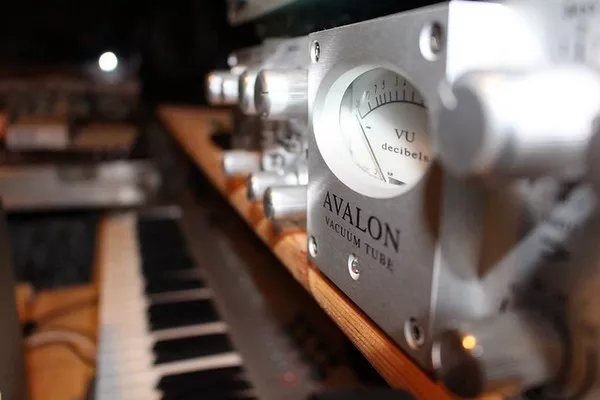When setting up an air compressor system, choosing the right type of pipe is crucial for ensuring optimal performance, efficiency, and safety. The type of pipe you use can significantly impact the air quality, pressure, and overall reliability of your compressor system. In this guide, we’ll explore the various types of pipes commonly used for air compressors and delve into their features, benefits, and considerations.
1. Galvanized Steel Pipes
Galvanized steel pipes are a popular choice for air compressor systems due to their durability and corrosion resistance. These pipes are coated with a layer of zinc, which helps protect them from rust and other forms of degradation caused by moisture and harsh environments. The zinc coating also provides a smooth interior surface, minimizing air turbulence and pressure drops.
Pros:
High durability and longevity.
Corrosion resistance.
Smooth interior surface for improved airflow.
Suitable for both indoor and outdoor installations.
Cons:
Relatively heavy compared to other pipe materials.
May require additional fittings for installation.
Initial cost can be higher than other options.
2. Copper Pipes
Copper pipes are known for their excellent heat conductivity and corrosion resistance. They are a common choice for smaller air compressor systems or installations that require flexibility in routing. Copper pipes are relatively easy to work with and can be bent without compromising their structural integrity.
Pros:
Corrosion-resistant and leak-proof.
Smooth interior surface for efficient airflow.
Easy to install and work with.
Suitable for applications requiring flexibility in pipe routing.
Cons:
Higher cost compared to some other pipe materials.
Not recommended for larger air compressor systems with high airflow requirements.
3. Polyvinyl Chloride (PVC) Pipes
PVC pipes are lightweight, cost-effective, and easy to install, making them a popular choice for DIY air compressor setups and small-scale installations. However, PVC pipes are not recommended for high-pressure compressor systems, as they may not be able to withstand the pressure over time.
Pros:
Affordable and readily available.
Lightweight and easy to work with.
Corrosion-resistant for most applications.
Suitable for low-pressure air compressor systems.
Cons:
Not suitable for high-pressure air compressor systems.
Can become brittle over time, especially in cold environments.
May release toxins when exposed to high temperatures.
4. Stainless Steel Pipes
Stainless steel pipes are highly resistant to corrosion and are ideal for air compressor systems that handle moisture or operate in harsh environments. They can withstand high pressures and are well-suited for industrial applications.
Pros:
Excellent corrosion resistance, even in corrosive environments.
Suitable for high-pressure air compressor systems.
Long-lasting and durable.
Hygienic and ideal for applications requiring clean air.
Cons:
Higher cost compared to other pipe materials.
May require specialized tools for installation.
Heavier than some other pipe materials.
5. Aluminum Pipes
Aluminum pipes offer a balance between durability and weight. They are resistant to corrosion and can be a cost-effective solution for both small and large air compressor systems. Aluminum pipes are often used in industrial settings where weight reduction is a consideration.
Pros:
Corrosion-resistant and lightweight.
Suitable for both small and large compressor systems.
Easy to work with and install.
Good heat dissipation properties.
Cons:
Not as strong as steel pipes.
May require additional support in certain applications.
Moderate initial cost.
Conclusion
Selecting the right type of pipe for your air compressor system is a decision that shouldn’t be taken lightly. Consider factors such as the size of your system, the pressure requirements, environmental conditions, and your budget. Each type of pipe has its own set of advantages and limitations. By understanding the characteristics of different pipe materials, you can make an informed choice that ensures the longevity, efficiency, and safety of your air compressor setup. Remember, investing in the right pipe material upfront can save you from potential issues down the line and contribute to the overall performance of your air compressor system.

